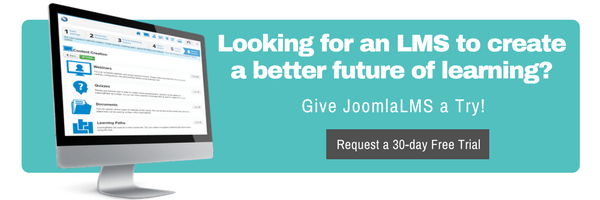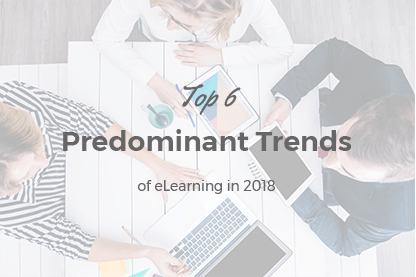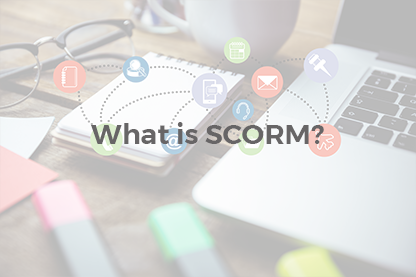Every day we hear more and more about the impact that Artificial Intelligence gains in every sphere of our life. In order to discover how AI implementation is going to change the eLearning we decided to ask Christopher Pappas to share his views and find out what he thinks about it. Christopher is an experienced eLearning specialist and the Founder of the eLearning Industry’s Network.
How do you think AI implementation can affect the Cost savings?
Chistopher: The cost-cutting benefits hinge on two very important factors: The first is the ability to maximize the effectiveness of eLearning experiences while minimizing seat time. The second centers on enhanced personalization. Most notably, in the corporate training sector. AI-equipped systems would be able to evaluate every aspect of an employee’s performance and then adjust their training path accordingly. Thus, individuals have immediate access to resources that bridge gaps and hone strengths. Which improves corporate eLearning ROI as it automates a significant portion of online training deployment.
What about the Learner convenience? What benefits will they get?
Chistopher: Learners have the rare opportunity to engage in custom-tailored courses that anticipate their needs. AI grants them anytime, anywhere access to resources that are relevant to their backgrounds, experience levels, and preferences. They don’t even need to pick-and-choose their own online training activities, as the system can use predictive analysis to analyze their past performance and then deliver targeted online training resources. In essence, AI takes personalization to a whole new level and gives each learner the power to address individual pain points at a moment’s notice.
How does AI help with the Learner profiling?
Chistopher: The most effective learner profiling involves a holistic strategy that takes everything into account. From activity performance and assessment results to individual survey responses. All this data forms a complete picture of learners’ preexisting knowledge, skill gaps, and learning preferences. AI allows us to form a more accurate training plan on an individual basis by facilitating more detailed analytics. The system automatically tracks every virtual move a learner makes. As a result, we’re able to create a plan of action that works best for them and intervene immediately, rather than letting unfavorable performance behaviors go unchecked while we manually analyze the Big Data pool.
Does AI implementation allow Automatic content creation? When could it be possible?
Chistopher: It’s happening right now at a rudimentary level. For example, some AI software can automatically generate basic responses by using existing online training resources. However, artificial intelligence still doesn’t compete with good old-fashioned human insight, creativity, and innovation. We may see some basic applications for AI content creation in the next decade or so. But I’m not entirely convinced it will ever fully take the place of flesh-and-blood developers and designers. On the other hand, generating automatic assessments and providing personalized feedback are a distinct possibility.
What role will content creators, teachers and LMS administrators have when the AI comes into the picture?
Chistopher: AI won’t be taking control anytime soon. Instead, it will be a powerful diagnostic tool that allows us to deploy timely, targeted resources to our audience. As well as automate the more tedious or time-consuming evaluation processes, like LMS report analysis and detecting patterns among mass amounts of data. Content creators will still have to produce high quality deliverables that cater to the needs of learners. Even if those deliverables are deployed in a timely manner by AI systems. Online instructors will still serve as guides and facilitators. While LMS admins must oversee the day-to-day operations and ensure that the system is upholding its end of the deal.
How to get ready preparing course materials now, while considering the future impact of AI?
Chistopher: Regardless of whether you plan to adopt an AI system as soon as they’re available to the mass market or you opt to hold off (and let others work out the glitches), infrastructure is key. You can prepare your course materials now by developing course catalogs, microlearning online training repositories, and personalized online training paths that fall into the AI framework. For example, the AI system can easily recommend existing resources based on a learners’ assessment scores or job duties. All of the building blocks are in place, allowing the system to focus on content delivery and data analysis.
Christopher Pappas is the Founder of the eLearning Industry’s Network , which is the largest online community of professionals involved in the eLearning field. Christopher holds an MBA, and an MEd (Learning Design) from BGSU. Learn more about Christopher by following him on Twitter and connecting with him on LinkedIn.










